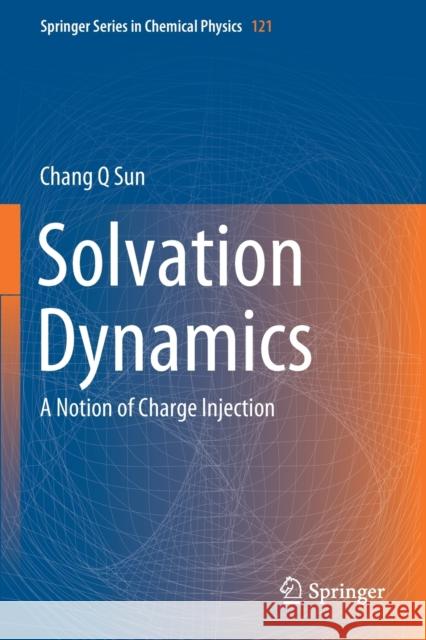Solvation Dynamics: A Notion of Charge Injection » książka
topmenu
Solvation Dynamics: A Notion of Charge Injection
ISBN-13: 9789811384431 / Angielski / Miękka / 2020 / 302 str.
Solvation Dynamics: A Notion of Charge Injection
ISBN-13: 9789811384431 / Angielski / Miękka / 2020 / 302 str.
cena 363,12
(netto: 345,83 VAT: 5%)
Najniższa cena z 30 dni: 346,96
(netto: 345,83 VAT: 5%)
Najniższa cena z 30 dni: 346,96
Termin realizacji zamówienia:
ok. 16-18 dni roboczych.
ok. 16-18 dni roboczych.
Darmowa dostawa!
Kategorie BISAC:
Wydawca:
Springer
Seria wydawnicza:
Język:
Angielski
ISBN-13:
9789811384431
Rok wydania:
2020
Wydanie:
2019
Numer serii:
000908867
Ilość stron:
302
Waga:
0.45 kg
Wymiary:
23.39 x 15.6 x 1.75
Oprawa:
Miękka
Wolumenów:
01
Dodatkowe informacje:
Wydanie ilustrowane











